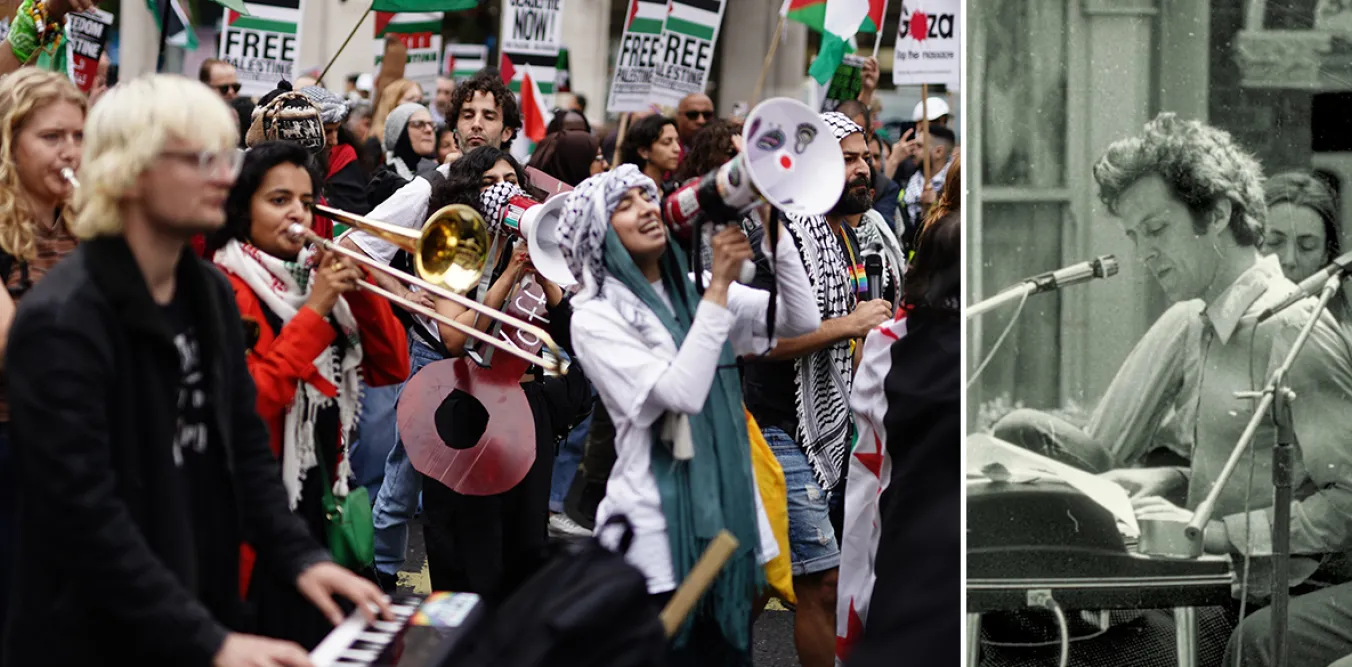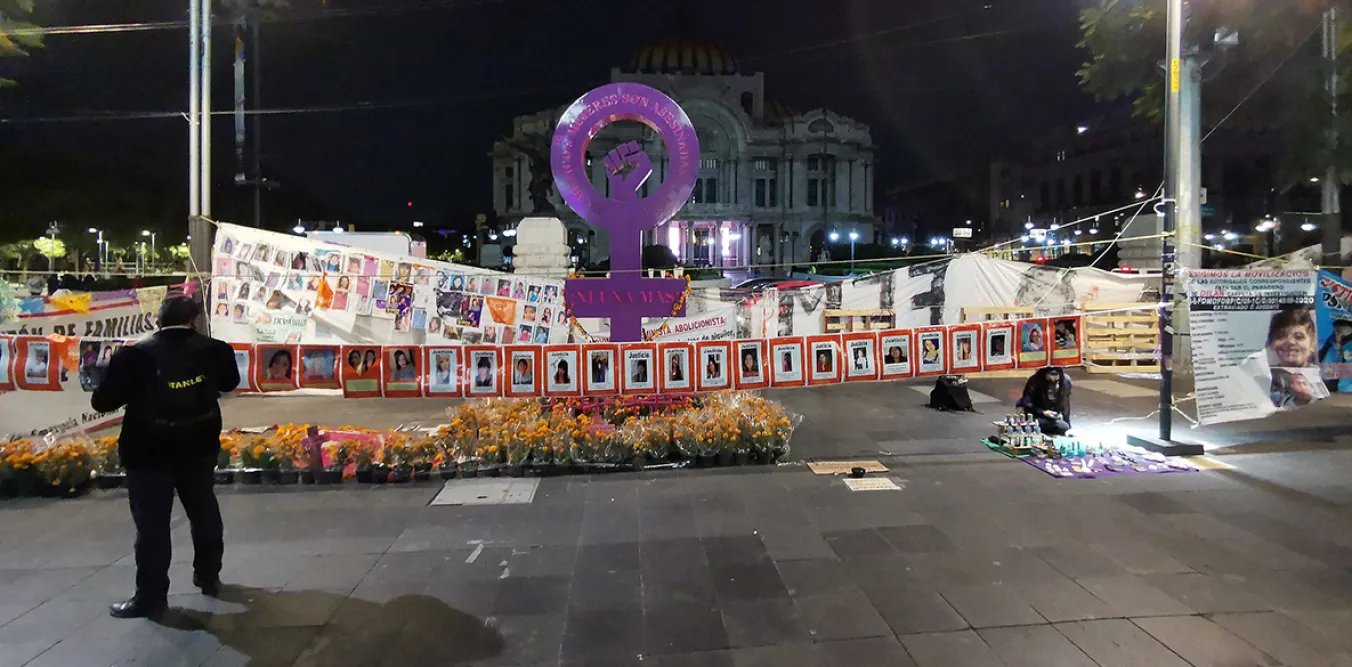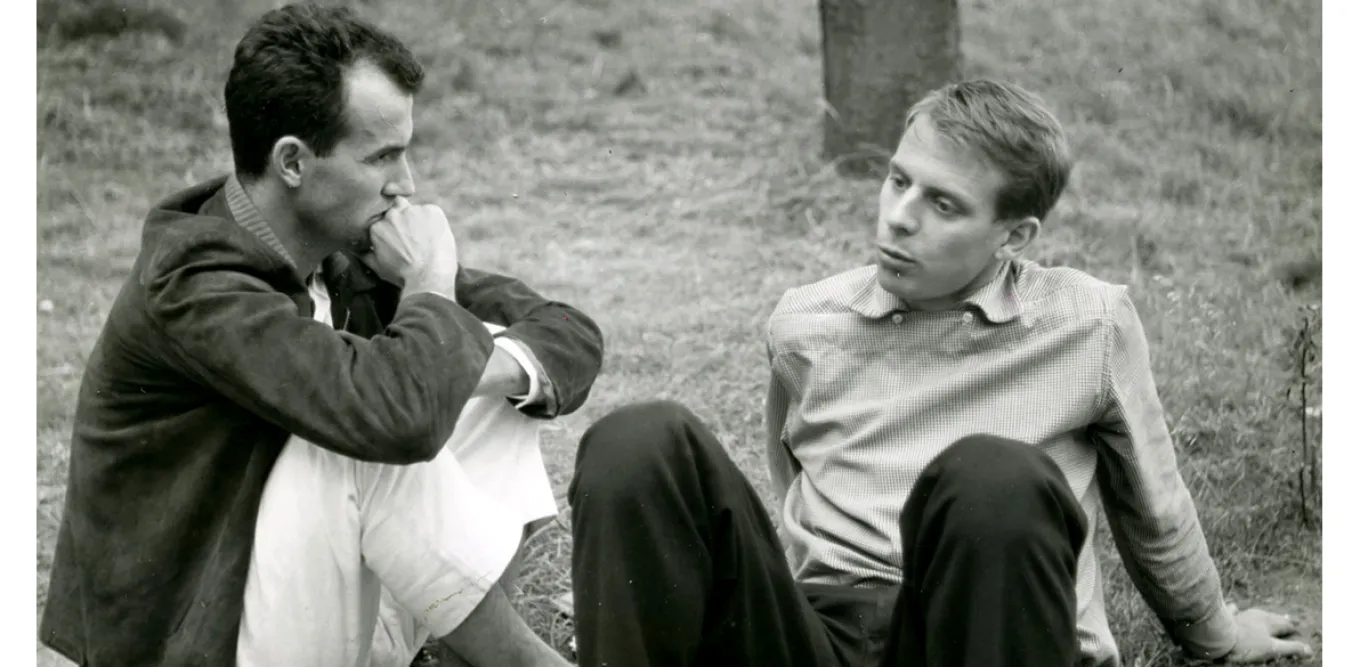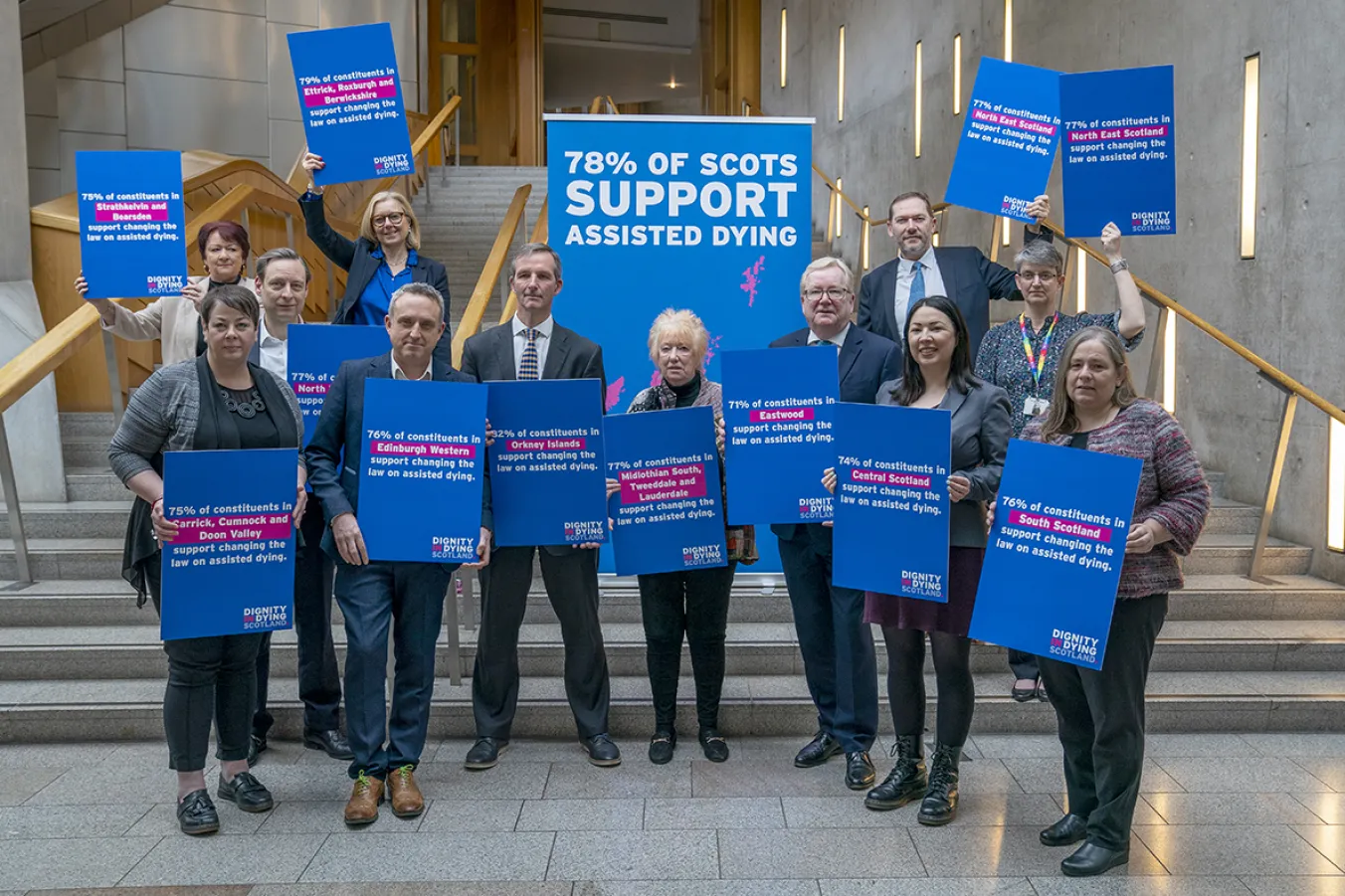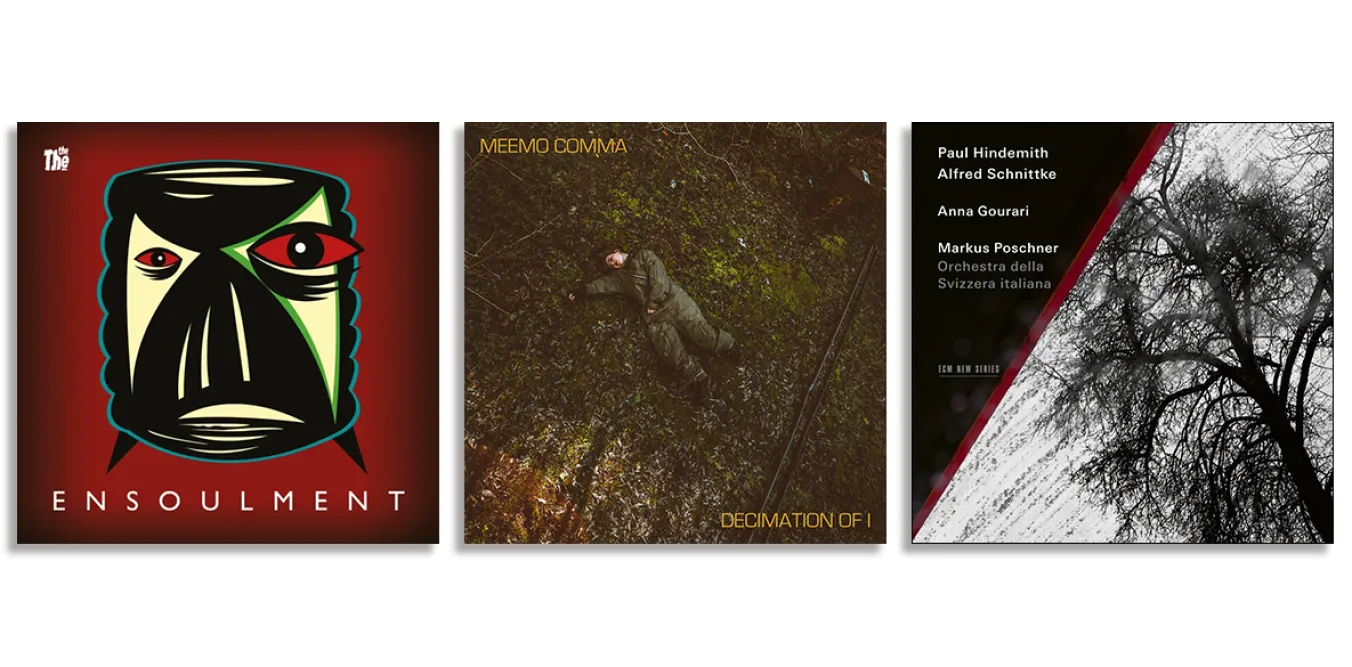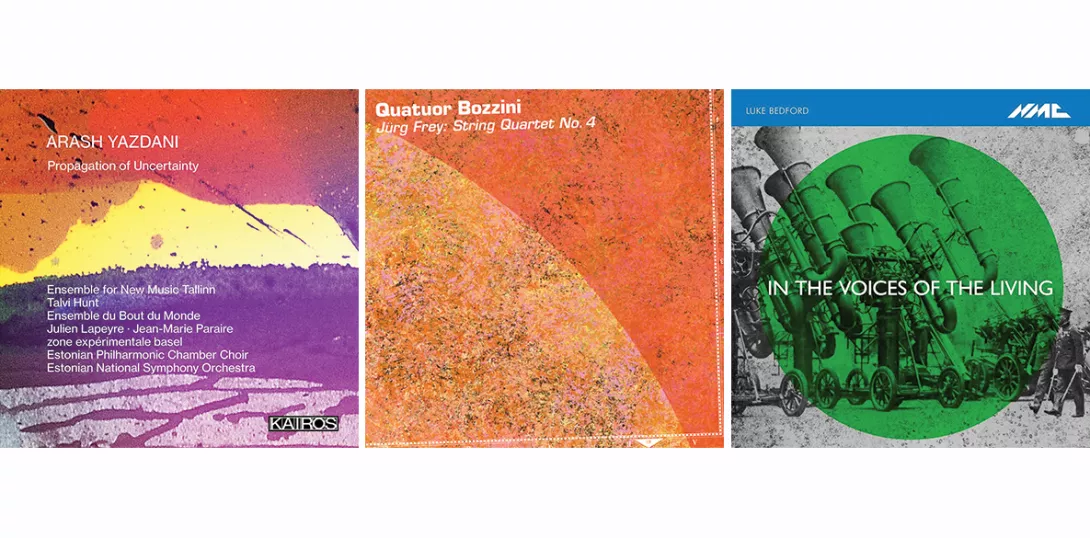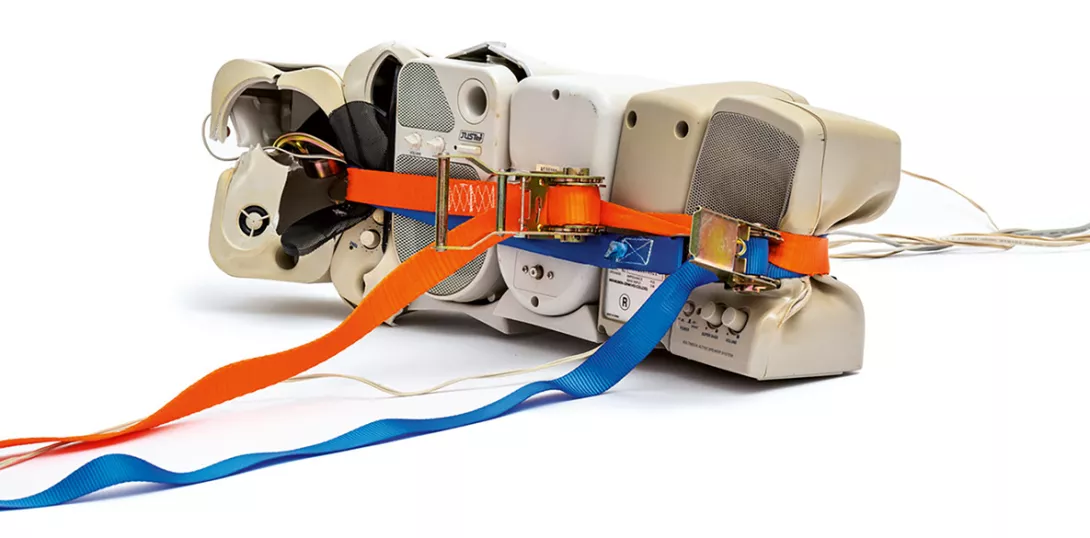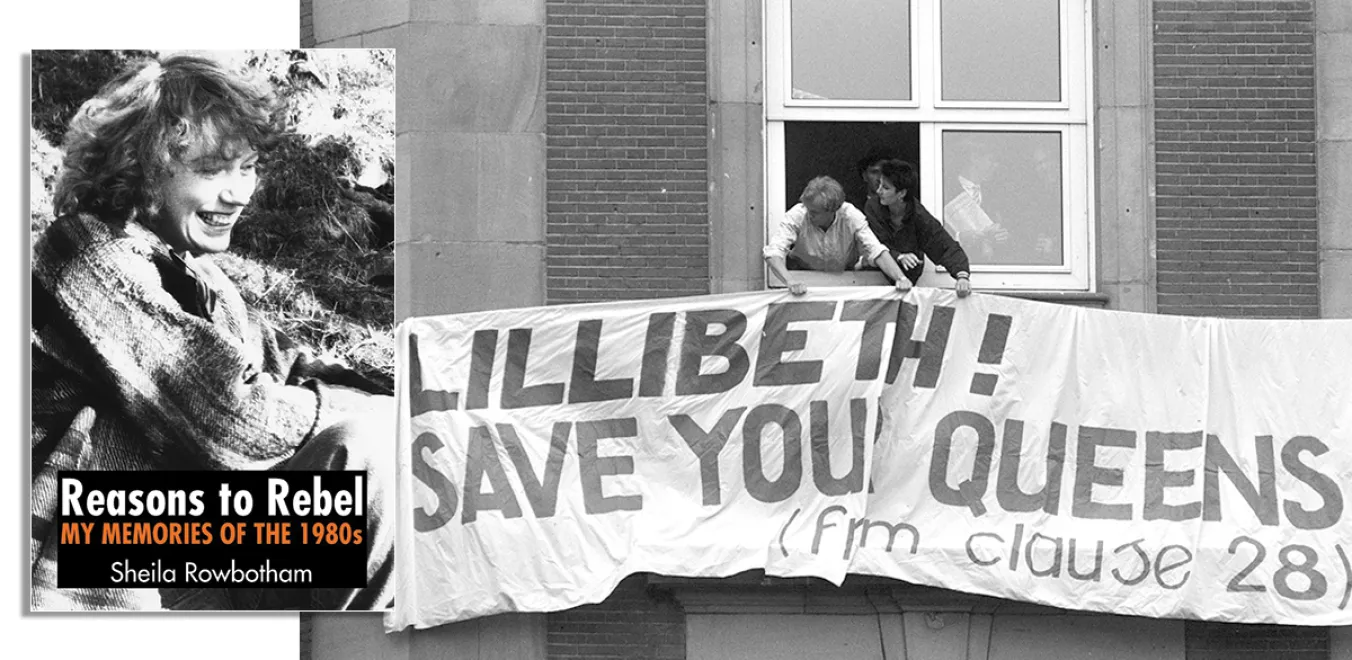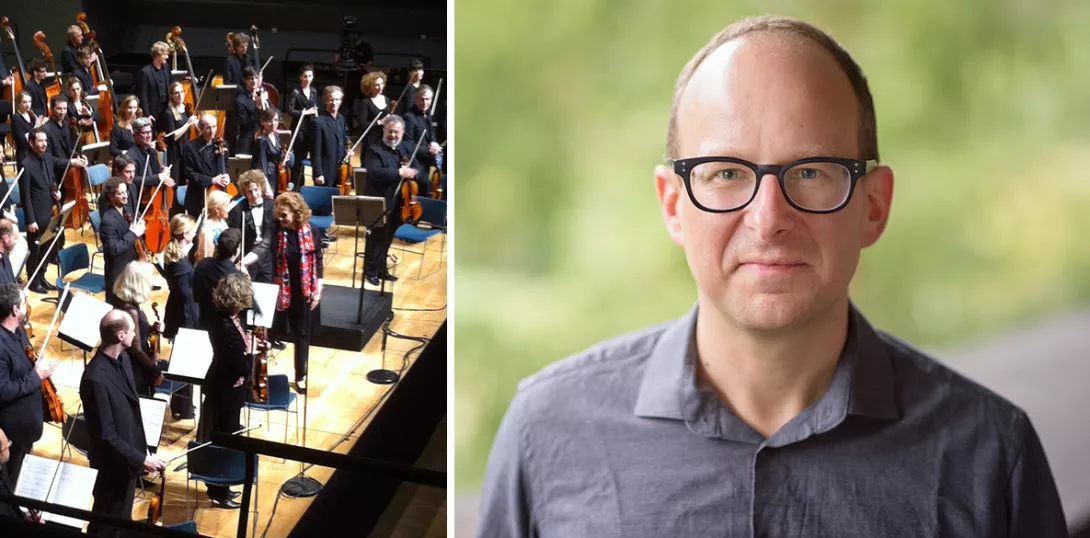
2023 has been quite a manic year for the arts, especially in Britain — though, like all years, there are the good, the bad and the curious moments of light and clarity which do make life truly interesting.
Personally, it has been a busy year on numerous fronts — which despite working in music has meant my ability to listen to and see performances has ironically been lessened, a truly strange quality of the profession.
That being said, there are a handful of things I want to share and reflect on.
The Finnish composer Kaija Saariaho’s death on June 2 this year was a truly sad moment, especially given how global her influence was. Her influence is going to be felt for many generations to come because of her genius as a composer.
Shortly after her death, her final work Hush, a concerto for trumpet and orchestra written for Verneri Pohjola, was premiered and words cannot really describe the impact of it. Its inspiration from texts by Aleksi Barriere’s Not a Knight, gave the four movements their character and the particularly heartbreaking third movement — What Ails You — which uses the poetry to draw upon her experience of regular MRI scans still stuns me after numerous listens.
Beyond the power of the work as a whole, it was a truly surreal moment when listening to know it is the last thing by the composer. Often, you hear a work and discover retrospectively it was the last thing, but hearing the close of the concerto and realising that was the last note by Saariaho is a sensation that I cannot do justice to in words.
As regular readers of the Morning Star will have seen, for the cultural sector in Britain, there have been numerous new challenges thrust upon us by people who know the cost of everything, but the value of nothing.
The threat to disband the BBC Singers, the continued fight to defend English National Opera, and numerous other battles for specific ensembles and organisations have made 2023 a truly challenging year, with 2024 looking to be even harder still. But to follow Gramsci’s “pessimism of mind, optimism of spirit” there is one particular occurrence in 2023 which brings me hope for the future — and reassures me that my fight for the arts is not in vain.
Composers, as a group of individuals, rarely agree with each other, and anyone who has read anything about discussions about the arts in the 20th century can attest to decades of bickering over style, talent, who is the “best” composer and suchlike. So, when the threat to close the BBC Singers occurred it was hard to see how much use composers were for the ensemble. Until James Weeks did something genuinely outstanding by getting over 700 composers to agree on something.
It may sound like I am being facetious, but as any trade union organiser will tell you, trying to organise a disparate workforce — especially one that is forced into competition with itself — can be the hardest thing.
So, the simple fact that an individual composer could unify the sector so strongly is truly astounding, viewed in the perspective of artists’ egos and centuries of squabbling. And in all seriousness, I believe this is the first time this many composers agreed on anything. So, as the paper of the trade union movement, as we round off 2023, it is our duty to congratulate and honour the incredible work Weeks pulled off.
Bring on 2024, and I hope every reader of the Morning Star has a year filled with art and music — a genuine year of bread and roses.
